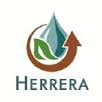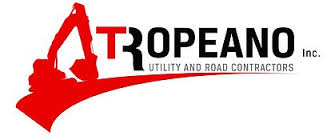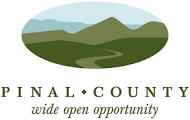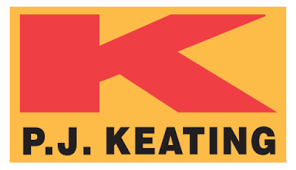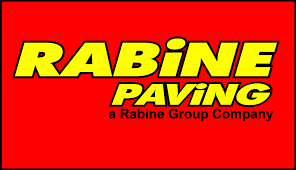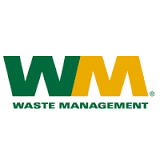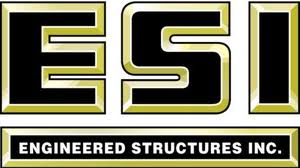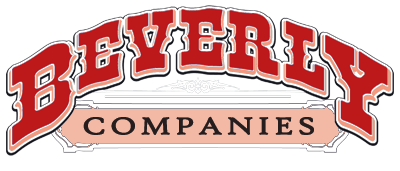News
FORT YATES, N.D. (October 8, 2020) – Today, the U.S. Environmental Protection Agency (EPA) announced the selection of Standing Rock Sioux Tribe to receive an award of $120,000 in Environmental Justice Collaborative Problem-Solving (EJCPS) Agreements for environmental emergency planning. Today’s agreement is one of 18 selected community-based organizations nationwide, totaling $2.1 million in funding distributed this year under EJCPS Cooperative Agreements. EPA anticipates that it will make the award once all legal and administrative requirements are satisfied.
“We are very pleased to announce the selection of Standing Rock Sioux Tribe as an awardee for funding to train the next generation of tribal emergency response leaders,” said Regional Administrator Greg Sopkin. “The agreement will empower tribal communities, with the support of EPA and other partners, to continue to effectively prepare for environmental hazards.”
Standing Rock Sioux Tribe will use the funds awarded through EJCPS to build capacity for responding to potential environmental emergencies. The project will focus on the development and improvement of community-based emergency action plans, as well as training for tribal emergency leaders and responders. Key partners in the project include North Dakota Emergency Services, Chief Oilfield Services, LLC, North Dakota Environmental Quality, Standing Rock Department of Environmental Regulations, and EPA.
This year’s EJCPS projects include reducing sources of air pollution, reducing lead exposure in homes of low-income residents, and reducing illegal dumping on tribal lands. 88% of this year’s recipients are in communities with Opportunity Zones, which were created under the 2017 Tax Cuts and Jobs Act, signed into law by President Trump. Nearly 35 million Americans live in communities designated as Qualified Opportunity Zones. A portion of the Standing Rock Reservation is a Qualified Opportunity Zone.
Background:
The EJCPS Cooperative Agreement Program provides funding for non-profit and tribal organizations to partner with stakeholders from across industry, government, and academia to develop and implement solutions that significantly address environmental and/or public health issues in their communities. These projects support local problem solving through the development of sustainable partnerships. This program provides funds for community driven solutions to local, environmental problems.
Qualified Opportunity Zones are census tracts of low-income and distressed communities designated by state governors and certified by the Department of Treasury. These are areas where new investment may be eligible for preferential tax treatment. As of April 2019, there were more than 8,700 designated Qualified Opportunity Zones located in all 50 States, the District of Columbia, and five United States territories.
For a description of all winners nationwide, please visit: https://www.epa.gov/environmentaljustice/environmental-justice-collaborative-problem-solving-cooperative-agreement-4
For more information about EPA’s Environmental Justice Collaborative Problem-Solving Cooperative Agreement Program, please visit: https://www.epa.gov/environmental-justice/environmental-justice-collaborative-problem-solving-cooperative-agreement-0
Learn more about Opportunity Zones by visiting the federal Opportunity Zones website.





